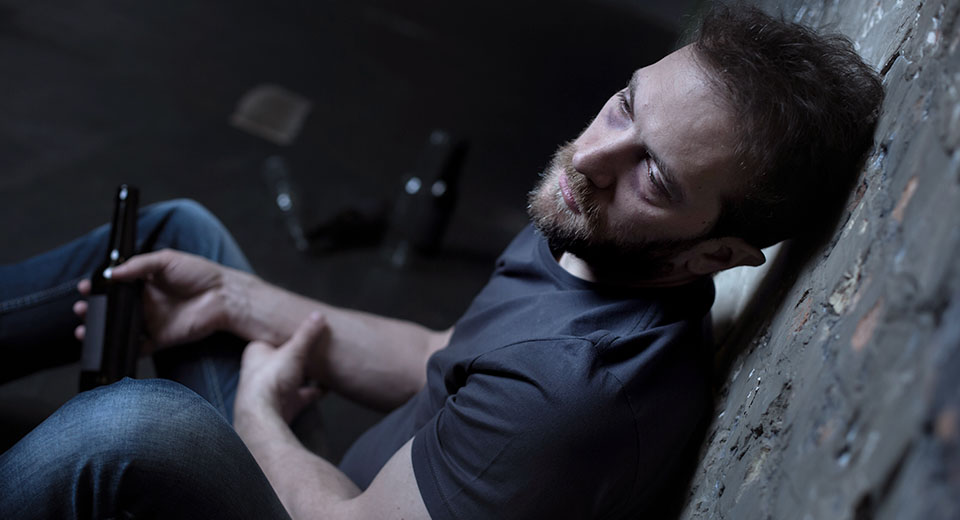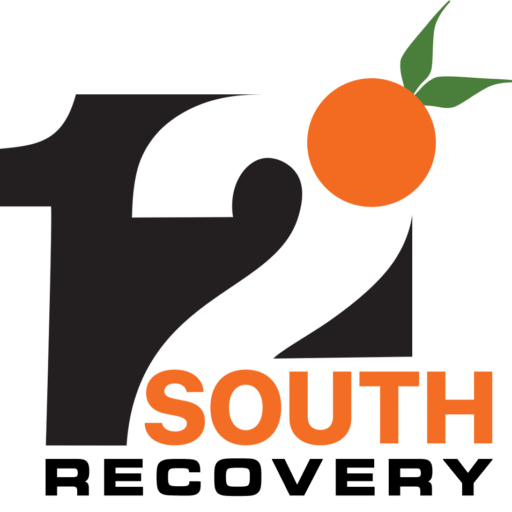Regardless of whether we’re talking about teenage substance abuse, casual substance abuse as an adult, or even substance abuse with the purpose of achieving a certain goal (e.g., using amphetamines for focus and energy), the risk of addiction is always present. In fact, research shows that approximately 10% of U.S. adults develop drug use disorder at some point in their lives, meaning there are approximately 23 million adults living in the United States that have suffered from an addiction. The same research showed that about 4% of U.S. adults, or around 9.2 million Americans, struggled with problematic substance abuse in the past year. With so many individuals suffering, understanding the different stages of addiction can help you recognize it and allow you or your loved one to seek appropriate help and support.

Addiction tends to follow a pattern, one that can be broken down into four distinct stages. Understanding these stages can help you determine where you are, whether you have an addiction, and what can be done before your addiction creates significant problems in your life. Let’s take a closer look at the four stages of addiction and how they each build upon each other to lead to full-blown addiction.
Stage 1: Experimentation

Experimentation with illicit or legal substances (like medical or recreational marijuana, in some states) is surprisingly common. In fact, research from 2019 estimates that approximately 50% of the population aged 12 and up have experimented with illicit drugs at least once in their lifetime. The majority of the population has experimented with marijuana, but other types of drugs are also present. A few of these substances include cocaine, heroin, LSD, methamphetamine, and ecstasy.
Experimentation is most often done during the teenage years, but it can be done throughout one’s lifetime for any number of reasons. For some, the driving force to try drugs is curiosity. For others, the effects offered by drugs act as a temporary fix for stress, anxiety, and even pain. Addiction will not always develop out of a one-time or even several-time encounter with drugs. However, some do end up becoming addicted to certain substances. This brings us to the next stage.
Stage 2: Regular Use

Once someone has graduated from experimentation, they’ve reached the second stage of addiction, which is regular use. Those who use substances regularly may turn to them for the reasons above, believing the substance to offer some type of benefit in their daily lives or in specific social situations. Others may simply enjoy it because of how it makes them feel.
Those who start using substances more regularly may begin to notice greater gravitation toward the drug as well as the risks that come with using it. Some of these risks can impact your life, like sleeping in because you were too high or using a substance while you’re behind the wheel of a car. Other risks can impact you emotionally, leading to depression or making it so that you no longer have an interest in activities you normally enjoy and are only preoccupied with drugs.
The shift from occasional or one-time use to regular use increases the potential for you to become addicted. If you do start using frequently, you may very well find yourself moving to stage three quickly.
Stage 3: High-Risk Use

The biology of addiction is complex. But once you develop a dependency and tolerance, either out of frequent use or due to a drug’s inherent addictiveness, this is when addiction becomes a much stronger possibility. Those who are at stage three of the addiction journey may present several of the symptoms that contribute to a substance use disorder diagnosis. Symptoms include:
- Taking more than previously needed as the body requires more due to a developed tolerance.
- Having trouble saying no to a substance or trying to quit to no avail.
- Changes in mood and behavior (theft, isolation, etc.). Co-occurring disorders like substance use disorder and depression are extremely common in those suffering from addiction.
- An inability to follow through on responsibilities, like going to work, paying rent, and so on.
- Using a substance at inappropriate times throughout the day or while operating heavy machinery.
- Continued use despite the consequences of said use. Additionally, removing oneself from many activities in order to spend more time using.
- Stronger cravings and continued use despite knowing the negative impact that the substance is having on them.
- Withdrawal symptoms following attempts to stop using.
Stage three is the final stage before one experiences what we would consider a full-blown addiction.
Stage 4: Addiction

At this stage, addiction has completely taken over, and the person affected will struggle with symptoms and the negative effects that having a severe substance abuse disorder will likely bring to their life. Behavioral and mood changes can be significant, with some of those suffering from addiction skipping meals and failing to take care of basic hygiene, being homeless or having trouble maintaining their housing due to job loss and poverty, experiencing suicidal thoughts, and so on.
The final stage of addiction can be the most severe and the most troubling. This is especially true as addiction eats away at your health. Suffering Long-term addiction can lead to a host of health problems including heart disease, lung disease, blood infections, and so much more. Those suffering from addiction may want to stop but be unable to, and continue using despite knowing it will likely make things worse.
Getting Help For An Addiction
No matter which stage of addiction you might find yourself experiencing, the reality is that there’s always support out there to help you regain your life, your health, and your sobriety. If you or your loved one is struggling with alcohol or drug addiction, reaching out for help may be the best thing you can do.

Effective Drug & Alcohol Addiction Treatment
Call Today or Check Your Insurance Coverage Online
We offer licensed and accredited dual diagnosis and addiction treatment programs to guide you every step of the way along your healing journey. From our Partial Hospitalization Program (PHP) to our Intensive Outpatient Program (IOP) followed by Outpatient Programming (OP), we work in phases to ensure you’re getting the proper care and support you deserve. No matter which therapeutic modalities are most effective or which unique challenges you face, you can rely on 12 South Recovery to work with you so you can overcome your addiction and acclimate back to society.


















